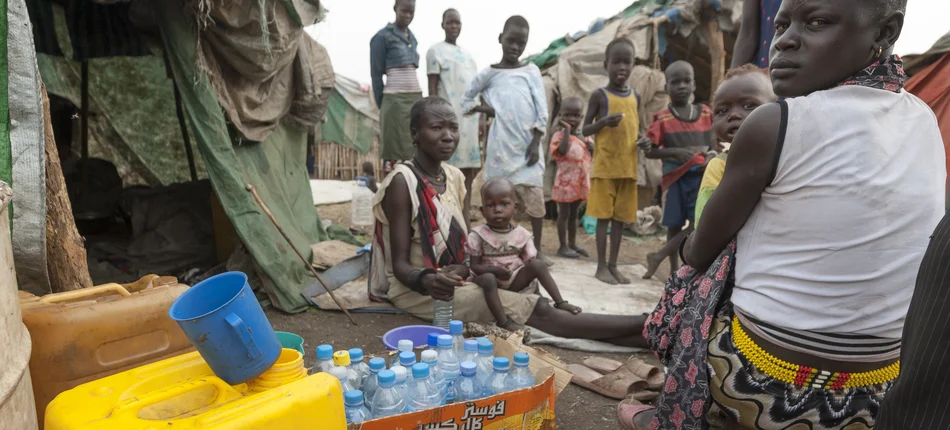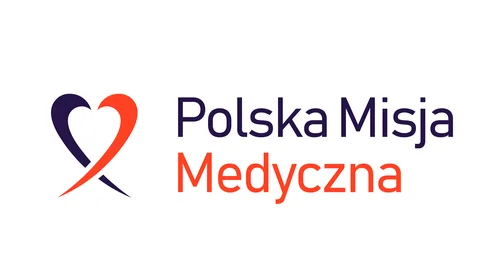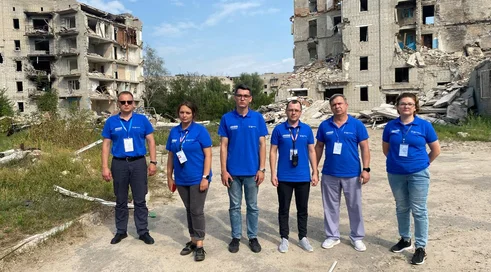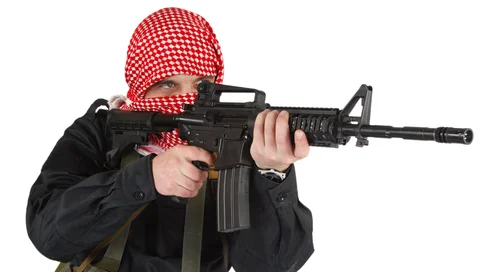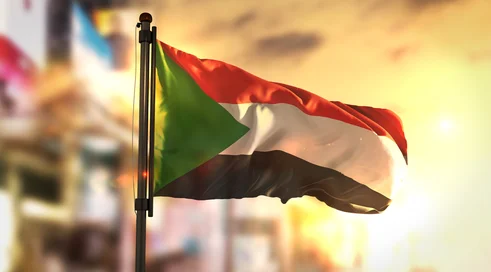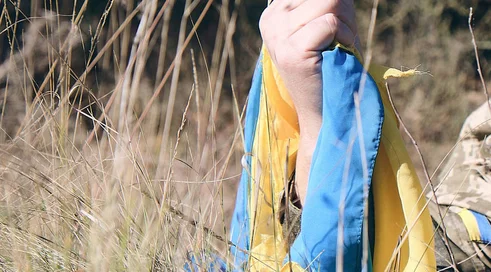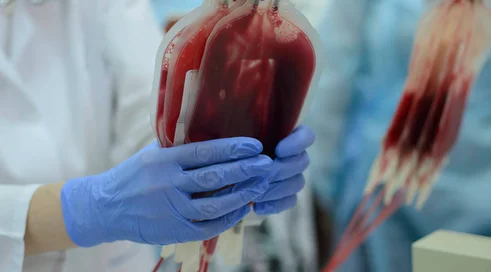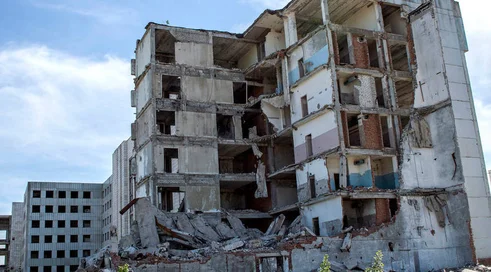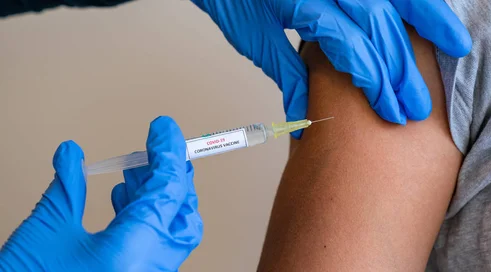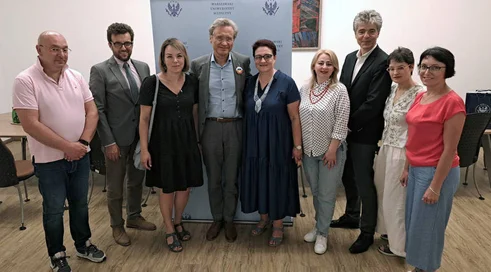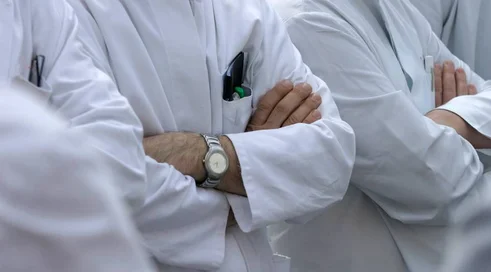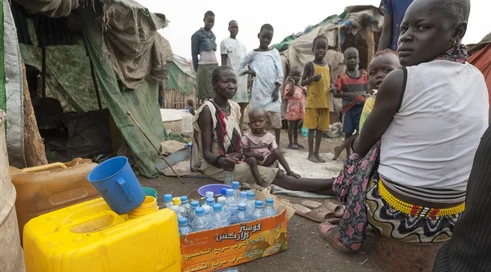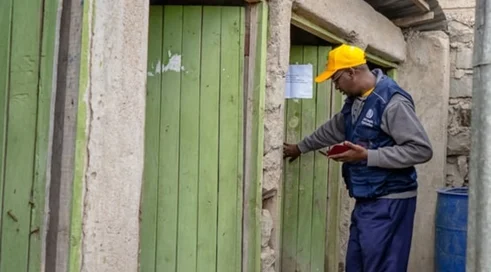Intense fighting between the Sudan Armed Forces (SAF) and the Rapid Support Forces (RSF) has been taking place in Khartoum and other parts of Sudan since Saturday, April 15. Many people, including medical personnel, are currently trapped. Where we are able to provide medical care, we see a difficult situation. Within 72 hours, Médecins Sans Frontières' teams admitted 183 wounded patients at the El Fasher hospital we support in North Darfur. Twenty-five people died as a result of their injuries.
- Most of the injured are civilians, including many children who were trapped between the warring sides. They have very serious injuries, and by Sunday afternoon surgical care at the hospital was not available. All other hospitals in North Darfur had to close because they were close to the fighting, or staff were unable to reach the ... To gain access to the complete English section of the Medexpress.pl, kindly reach out to us at [email protected].Content locked





